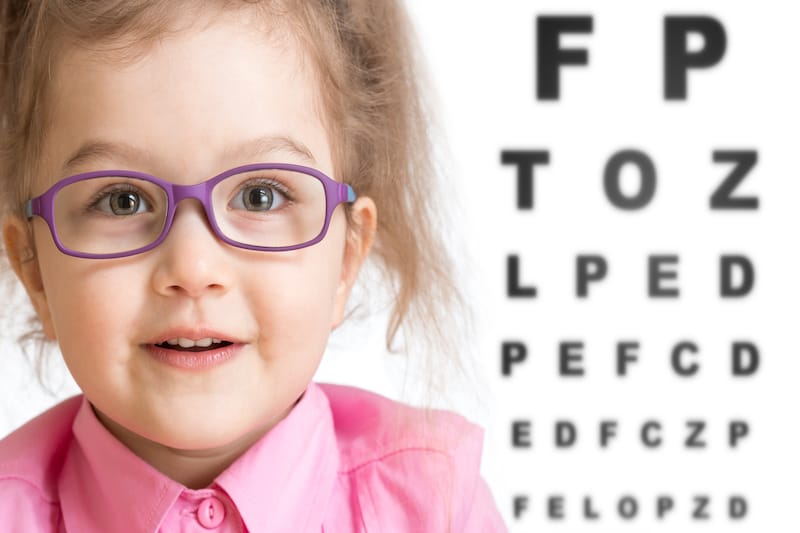Signs Your Child May Have Vision Problems
It is said that the eyes are the window to the soul. More practically though they are the key to enjoying a healthy wholesome lifestyle. Poor vision can make the world a little more challenging to live in.
For a child who is just learning about the world, it can be especially challenging. If you have been wondering whether your child has a vision problem, you may also be wondering how you can be sure. Take a look at these pediatric vision tips to find out if your child needs help.
Signs of Vision Problems
If your child is squinting, there is a good chance that your child is suffering from a refractive error. This disorder affects how well the eyes focus on an image.
When they squint your child will be able to improve the focus and clarity of the object.
Sitting Too Close
Sitting too close to a television screen or placing devices such as tablets and phones too close to the eyes is a sign of bad vision. You may also notice that your child is lowering their head while they are reading.
Your child may have nearsightedness, which means that they see well when an object is close to them but have issues when the object is far.
Tilting the Head
If you notice that your child is always tilting their head to look at an object it could be a sign that they have a vision problem. Tilting the head helps your child to see better.
Tilting the head is a sign that the eyes are misaligned in some way and that your child has a lazy eye. If you visit the eye doctor you can get this corrected quickly, it is one of the more common vision problems in children.
Headaches and Eye Pain
If your child is having headaches and complains of eye pain it could be because they are straining their eyes. Eye fatigue will cause eye pain.
When your child’s eyes are strained and they feel pain, they will find it difficult to look at chalkboards or whiteboards. They may also have issues reading their textbooks and writing.
Often, they may fall behind in school and could be misdiagnosed as having a learning disability. If you take the time to investigate, you will sometimes find that the child is not seeing clearly, and it’s causing them to fall behind in school.
Clearing Things Up
You now know some of the signs that your child has pediatric vision problems. If this is the case, the best thing you can do is try to get them to an eye doctor as quickly as possible.
Many vision problems can be helped when they are detected early. If your child needs glasses then go ahead and get them quickly, since this will reduce eyestrain.
Remember, poor vision can cause children to do poorly in school. If you would like to find a great learning environment for your child, please do not hesitate to contact us.


